The Presidential Task Force on COVID-19 says it has integrated mental healthcare into its comprehensive psychological services in the wake of novel coronavirus (COVID-19).
The PTF said it will help people to cope with stress and isolation as a result of the virus.
The PTF Chairman and Secretary to the Government of the Federation (SGF), Mr Boss Mustapha, said at the task force’s daily briefing on Monday in Abuja priority attention has been given to physical health management of affected people under the national response.
“I am pleased to inform you that PTF has commenced the process of integrating comprehensive psychological services programme into its activities.
“This will be for the benefit of people who are in isolation, wellbeing of their families and communities. In this regard, we wish to recognize the Federal Medical Centre, Jabi, FCT for spearheading this drive, which shall inevitably assume a national dimension because of the importance of mental health,” Mustapha said.
The PTF chairman noted that a great majority of Nigerians were still susceptible to COVID-19 and expressed the conviction that the virus can be defeated.
“lf we allow it to transmit easily among us, it may be even more deadly. If everyone diligently observes the guidelines, we can collectively control the spread of the virus, and help to protect our health facilities as well as save lives.”
On the 100 days of COVID-19 outbreak in the country and the visit to the National Reference Laboratory, Abuja, Mustapha said enormous sacrifice was being made to flatten the curve of the pandemic.
“Experience, as it is said, is the best teacher. We can confirm that the process is rigorous, thorough and demanding. From the laboratories to the nurses, to our doctors and other medical personnel, enormous sacrifice is being made by these dedicated Nigerians.”
The federal government secretar expressed appreciation of the entire nation to all frontline workers who toil round the clock to ensure that the country is safe.
He said: “The visit has revealed the huge responsibilities shouldered by these young and committed professionals as well as the risks that they face on daily basis.
“The visit also enabled the PTF listen to the challenges faced at the National Reference Lab and to recognize such challenges as opportunities because they represent motivations for action. The shortage of reagents and supply chain issues are global issues because the entire world is seeking to purchase the same commodities.
“To the PTF, the motivation for action is to look inward, plan ahead and develop our domestic capacities. This is because COVID-19 is neither the first nor will it be the last pandemic. What is certain is that we must not allow the next pandemic to catch us unprepared.
“The strategic thrust of the National Response is to test, test and test. However, the visit to the NRL has shown that while we ramp up capacity for testing, we must also enhance the skills and size of manpower to run the laboratories. Moving from two to a network of 30 technology-driven laboratories and coordinating them is certainly not a small feat.
“It is therefore significant to mention that a major outcome of the 100 days assessment is the recognition of the need for States to scale up responsibility for their public health response. In the medium to long term, we hope to build a network of state public health labs that will bring about sustainability in public health response in Nigeria.
“As we mark the 100 days after the index case, we remember all Nigerians who have passed away from the disease. We commiserate with their families and friends who have had to deal with the difficulty of losing their loved ones at this time. We pray that God will continue to console them and heal our land.’’
Mustapha also thanked the World Health Organization (WHO), Africa Centres for Disease Control (Africa CDC), the West Africa Health Organisation, the United Nations family, the European Union and a host of other partners for the support the country had received so far.
“I wish to state that in the absence of a vaccine, Nigeria and the rest of the world must depend on public health, social measures and supportive management of confirmed cases.
“We urge all Nigerians to take individual and collective responsibility by adhering to public health advice such as frequent hand hygiene through hand washing or use of alcohol-based sanitizer, use of face mask in public places and observing physical distancing of at least two metres,’’ he said.







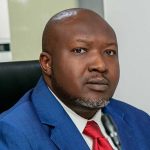

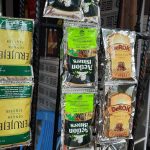





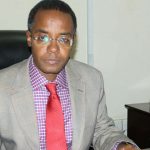




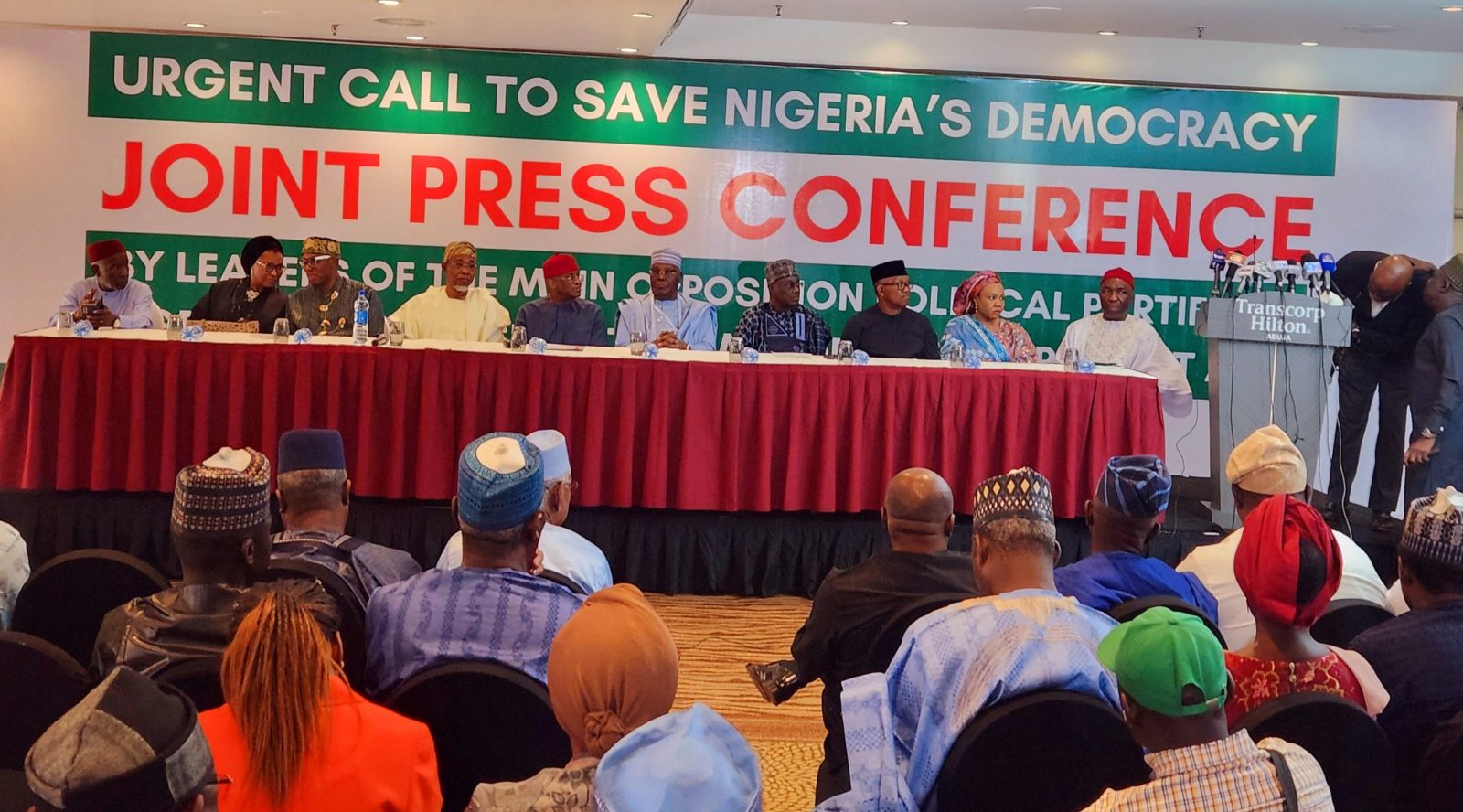
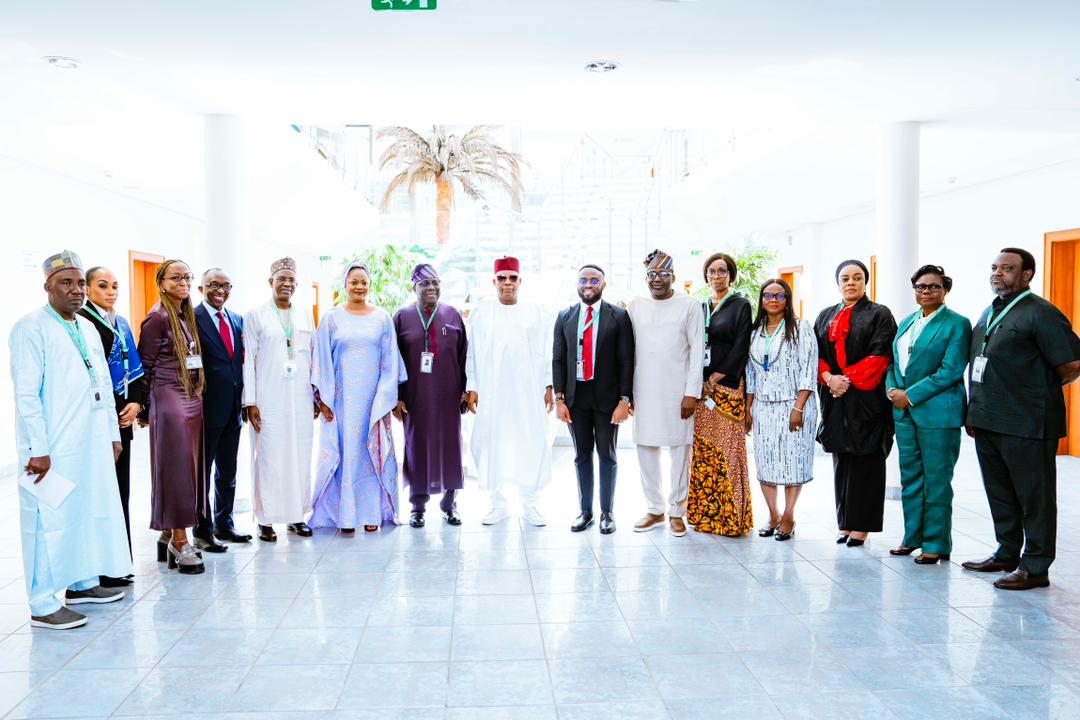
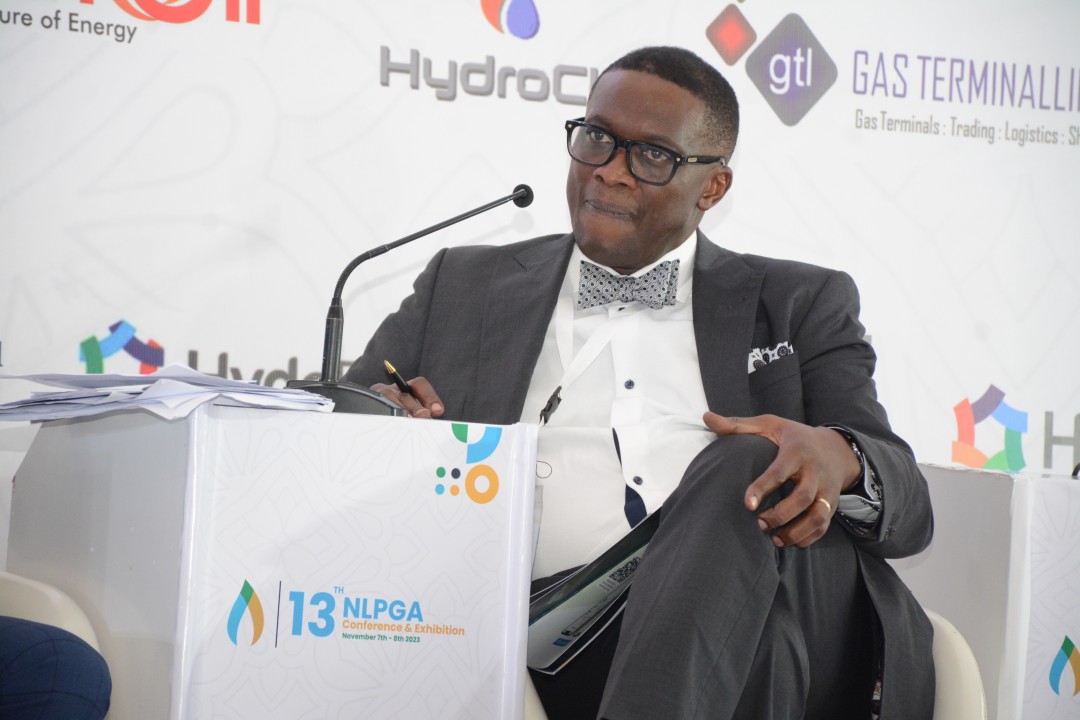
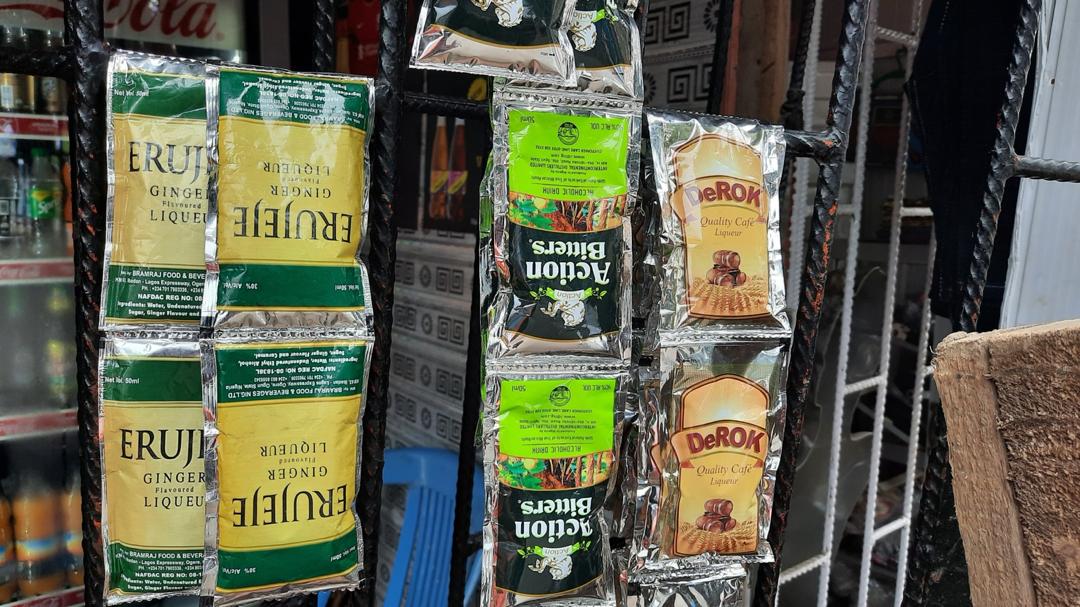
Leave a comment